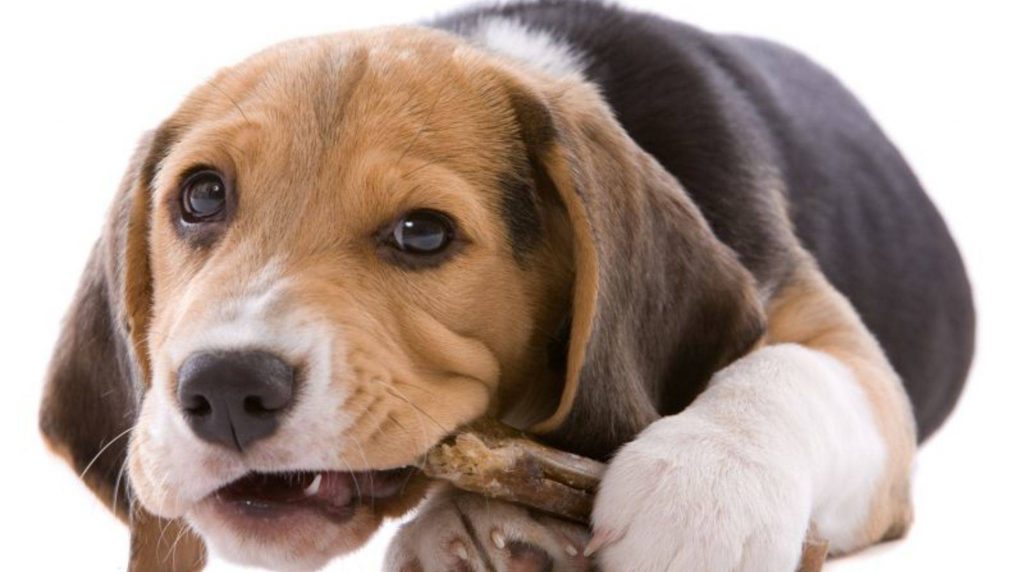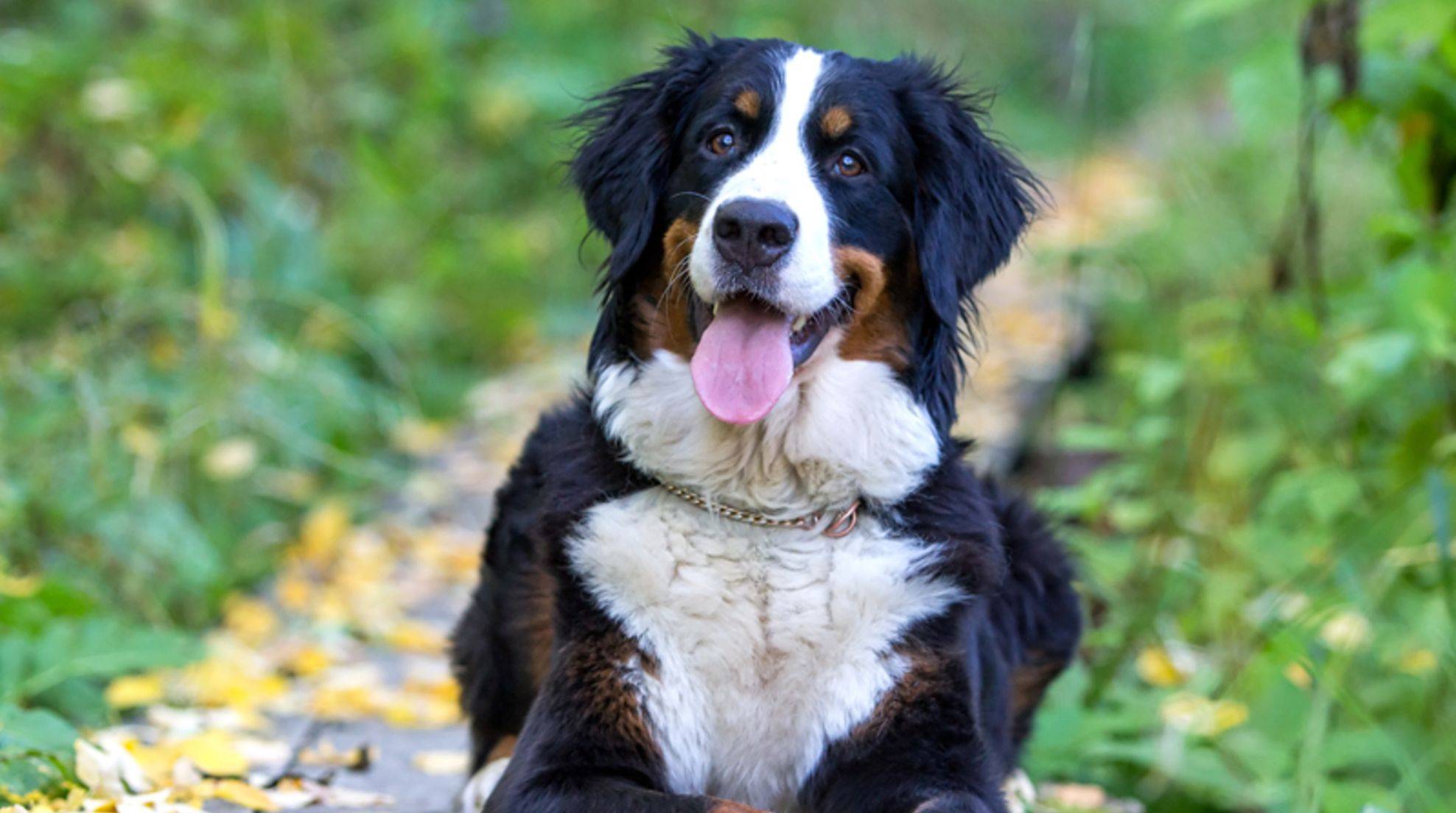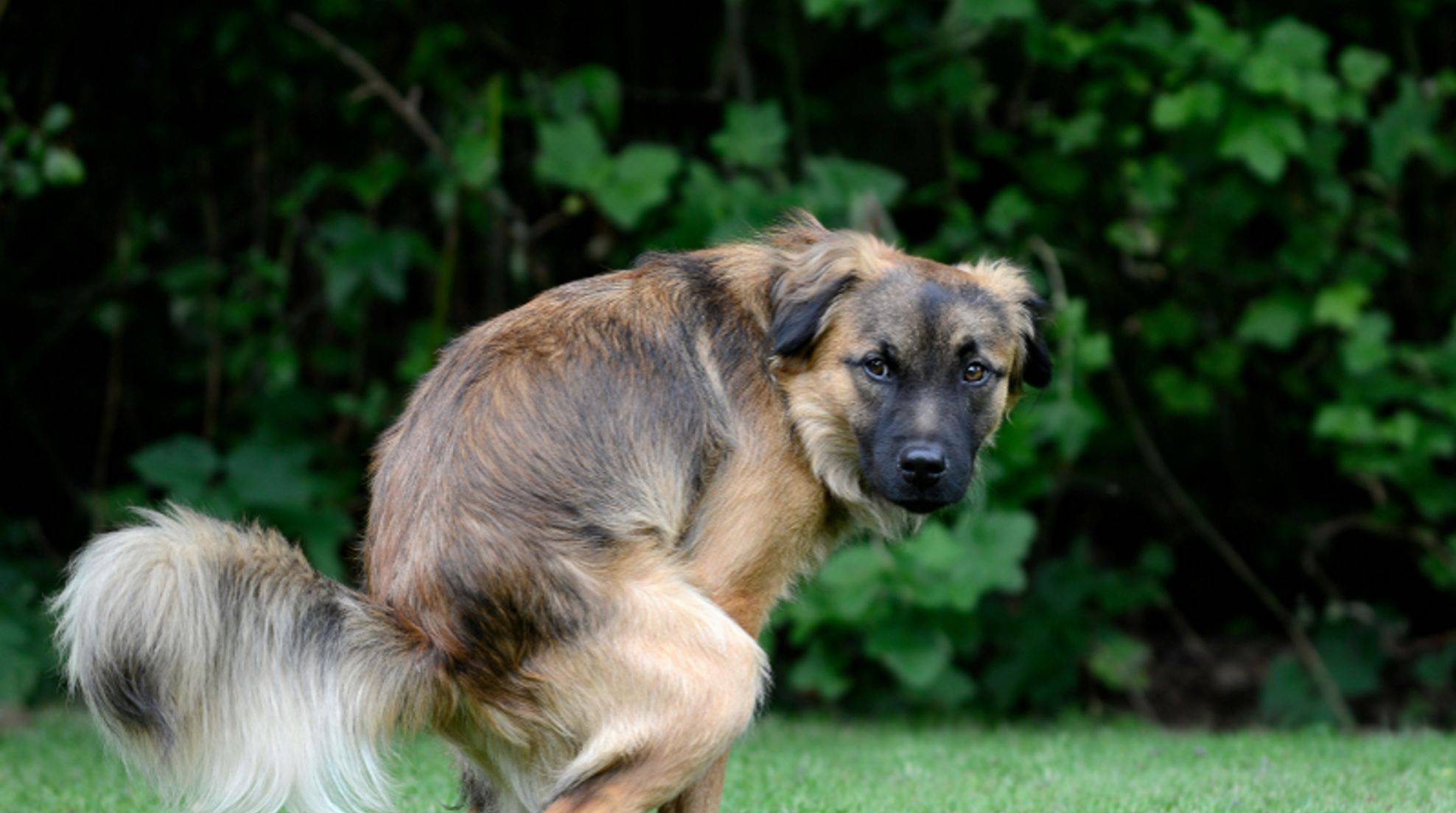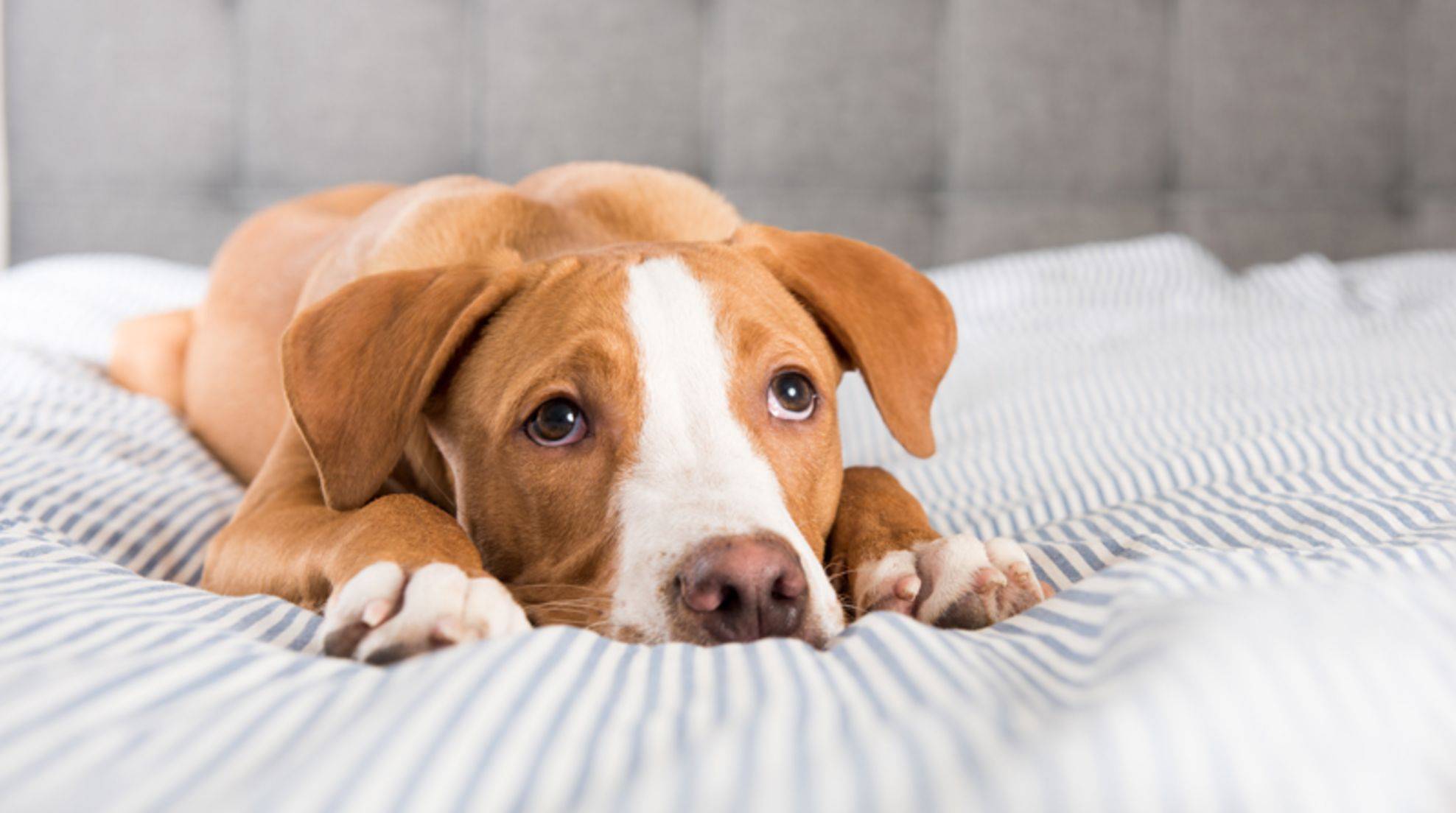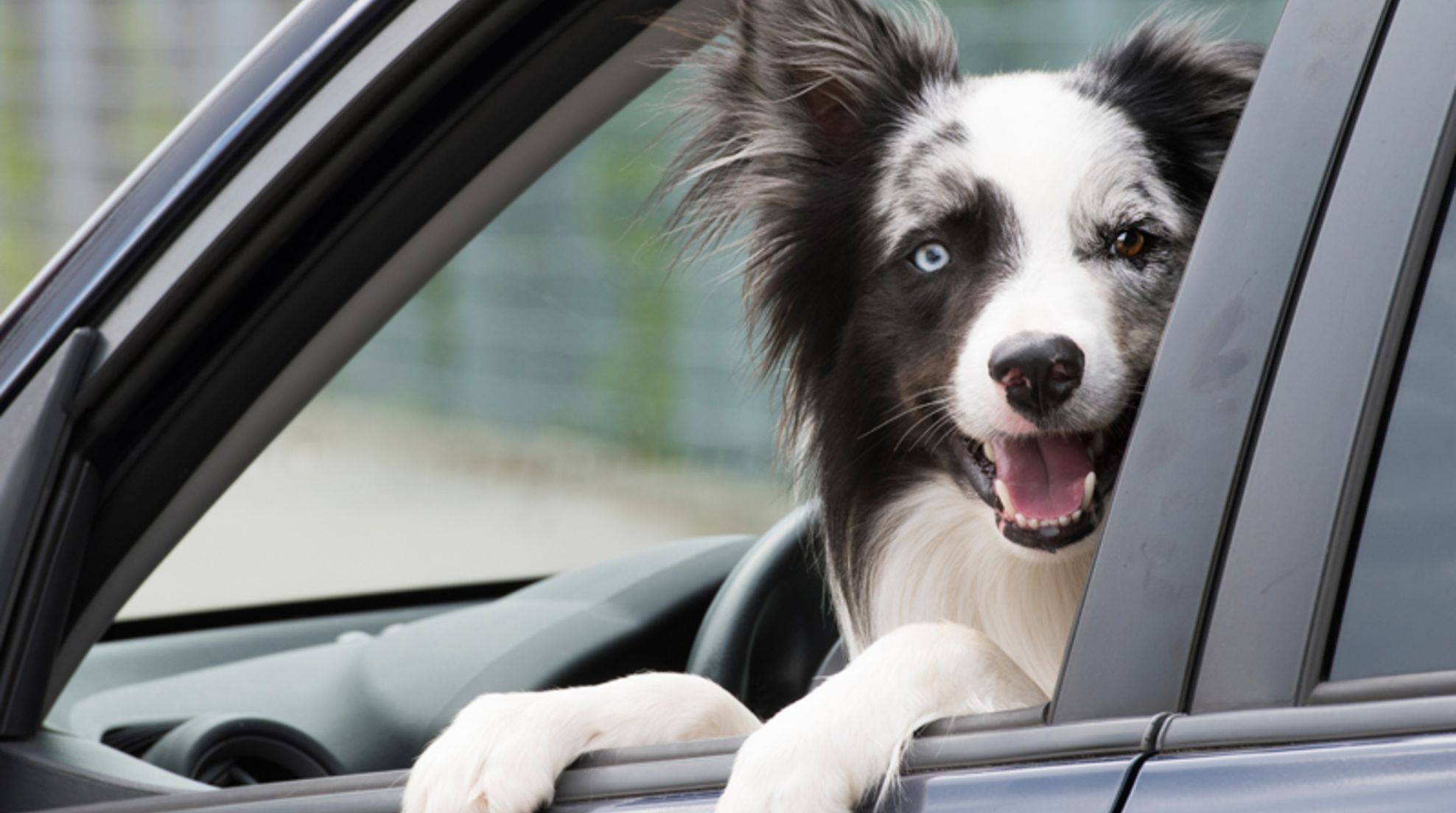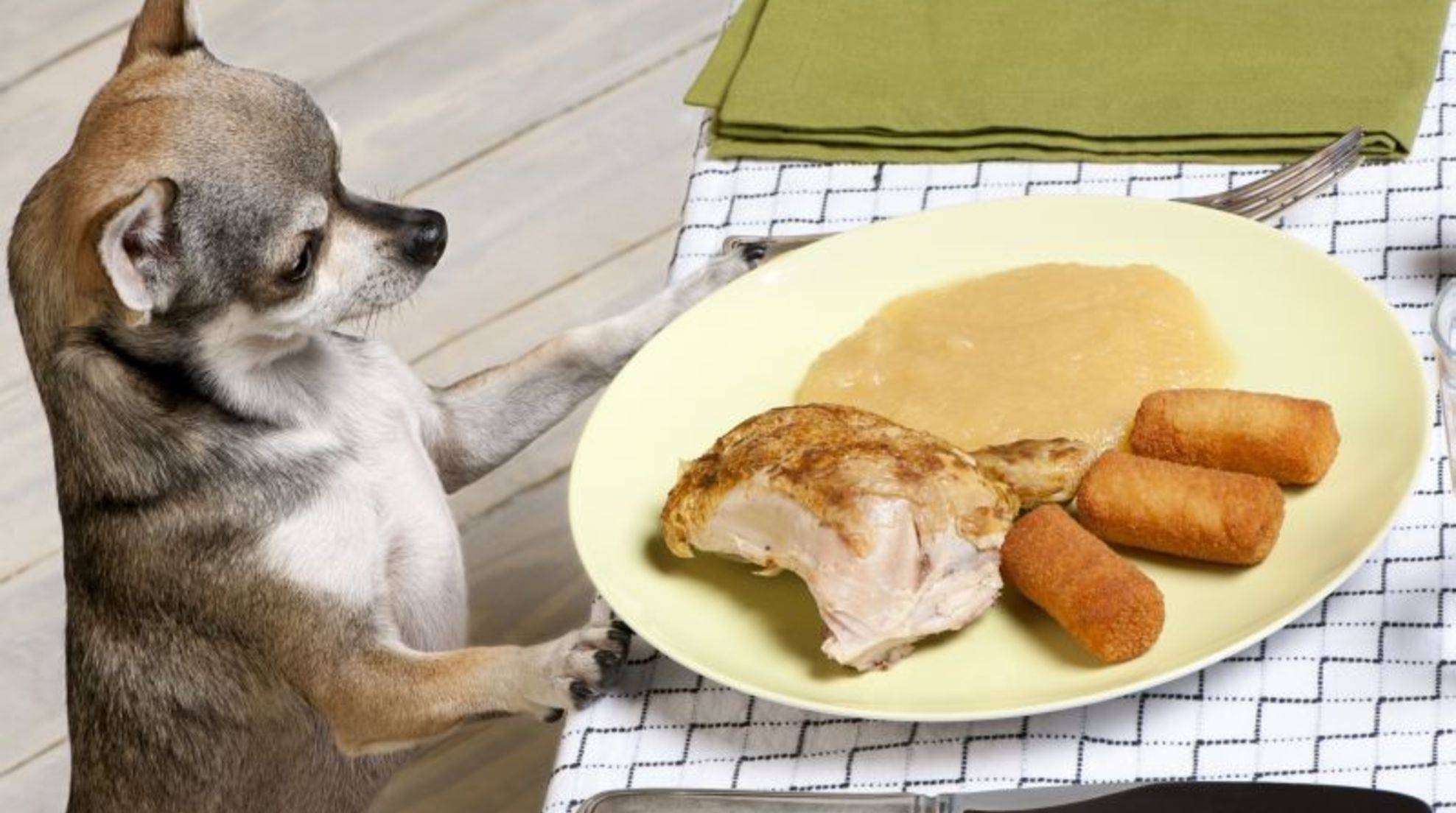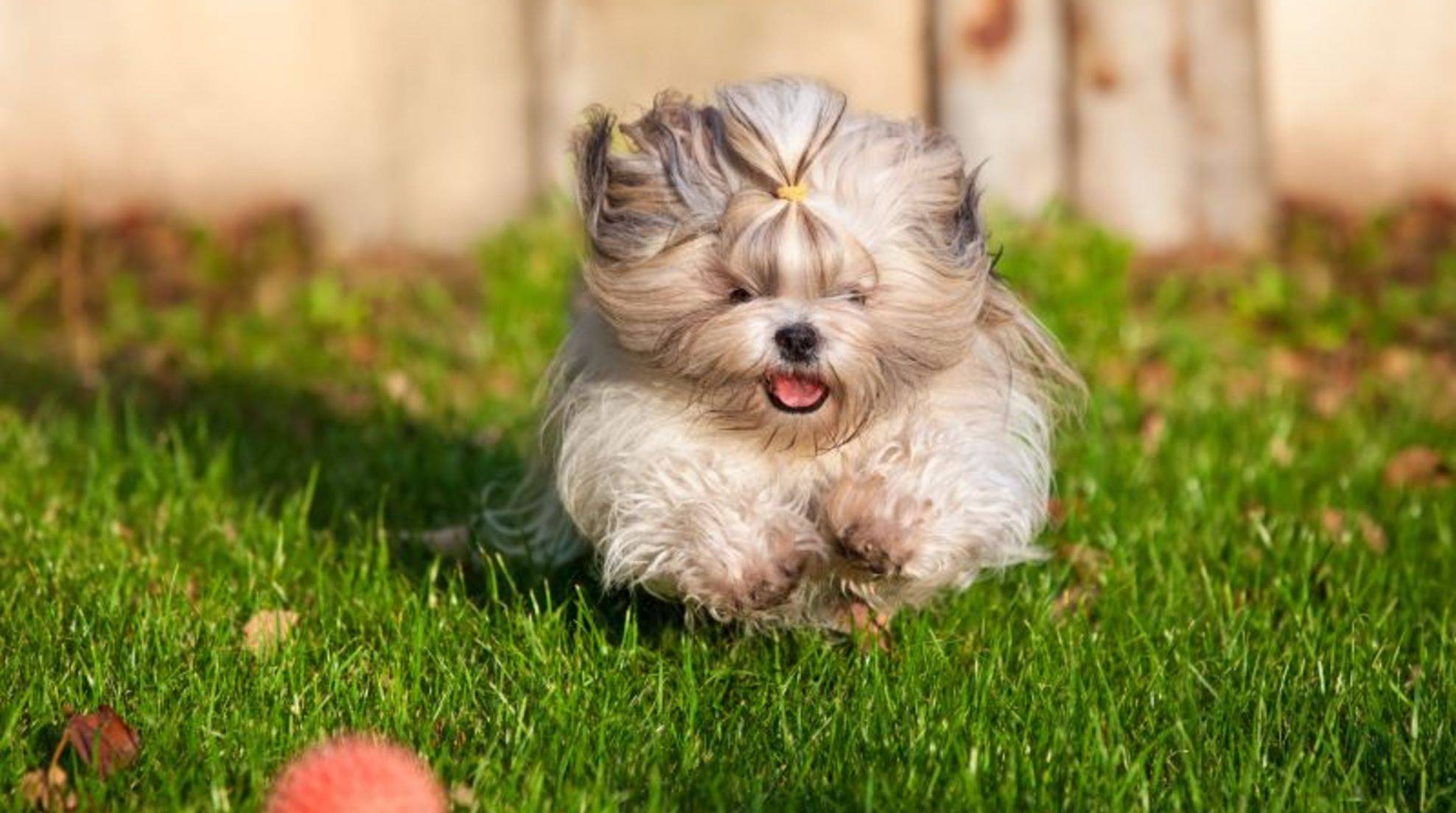Are dogs allowed to eat bones?
When preparing meat, many dog owners ask themselves whether they are allowed to feed the bones to their beloved four-legged friend. The answer to this question depends on several factors.
When fed correctly, bones are a popular dog snack. With healthy calcium, you can make a valuable addition to your dog’s diet and keep their teeth healthy. Not to mention, they are highly sought after by most four-legged friends. However, fed incorrectly, you can also put your beloved pelt nose in danger.
These types of bones are dangerous
If a bone splinters, a dog can suffer dangerous internal injuries from it. In the worst case, bone splinters can pierce the intestinal walls. If too large a piece of bone is swallowed, it can cause constipation. To avoid this risk, you should choose the popular dog snack wisely. A high risk of splintering exists, for example, with poultry bones and the bones of older slaughter cattle. In addition, with all bones that have been heated. Whether fried, boiled, or grilled, the structure of a bone becomes porous when heated, making it dangerous to dogs.
The choice of suitable dog bones
Feed only raw bones and never those that have been heated in any way. Very suitable for raw feeding are bones from young animals, for example, lamb or veal. They tend to splinter less and are still particularly rich in minerals and trace elements. Those who take organic meat are not only thinking of the slaughtered animals, but also of burdening their pets with as few harmful substances as possible.
Feed in moderation and under supervision
If a dog eats too many bones, it can cause constipation – so always feed the dog snack in small amounts. Especially if your pet is not used to it, try a small piece first to see if he can tolerate the treat. In combination with meat, bone pieces are more digestible for the dog, so it is best to always feed both together. Let your four-legged friend eat the bone under supervision, because even with the utmost caution, chipping a piece of bone can not be completely ruled out.
If you feed your dog bones, you should always pay attention to his digestion. Too much bone in the food can cause constipation, too much cartilage can cause diarrhea. A rule of thumb says: feed a maximum of ten grams of bone per kilogram of body weight. By the way: The bones with meat content that are usually most popular with dogs are beef and veal breast bones, lamb ribs and marrow bones.

